Key Takeaways
- Despite being antagonists, Bowser, Heihachi, and Peri have moments of heroism in RPGs.
- Characters like Leon, Magus, and Oliver showcase shades of evil while fighting for noble causes.
- Some RPG characters, like Harrier Du Bois, have complex moralities that shape their actions and decisions.
Many role-playing games involve a variety of characters, at times enough to necessitate not deploying all of them in battle at once. Due to the story-driven nature of most RPGs, the various characters the player rubs shoulders with will differ in terms of individual beliefs and goals, often unified primarily by a greater objective they see as a means to an end.
With this in mind, there is little surprise that certain characters will seem to have relatively fewer moral faculties while still finding a way to side with the heroes. They may be “doing good,” but their reasons for doing so are questionable at best. Here are some heroes in RPGs whose actions and beliefs make them seem far less heroic.
8 Bowser
Super Mario RPG, Super Paper Mario, etc.
Bowser is a common designated foe to Mario. While his relative affability in certain circumstances has people debating exactly how evil he is, he is a continual thorn in the side of Mario, often throwing various kingdoms into vulnerable positions that the hero must resolve. Despite this fact, multiple RPGs will have him take on a more heroic role, often requiring him to work alongside Mario directly. With his own irritable, selfish personality intact, Bowser will nonetheless operate on behalf of the greater good, typically due to having a shared nemesis with Mario in such games.
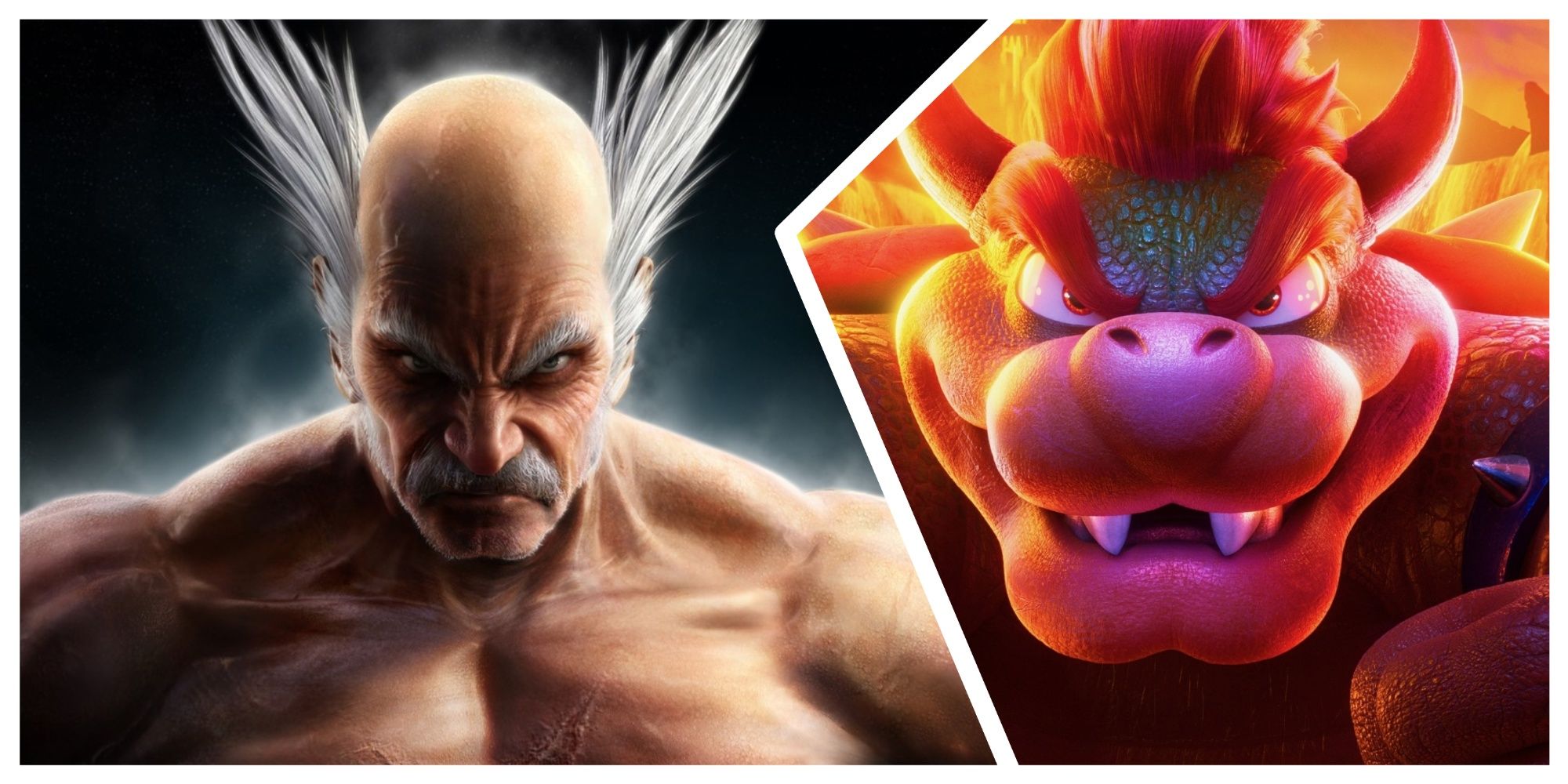
Related
5 Video Game Villains Who Refuse To Die
Many great video game villains seem to just come back from the dead, no matter how many times they appear to be killed or beaten for good.
Even with Bowser’s personality at play, as long as he is directly aligned with Mario, he won’t do anything too evil. That said, Bowser also plays the role of an antagonist, and even more rarely, the main antagonist in certain Mario RPGs. This fact further cements that his heroism is conditional and that certain greater morals are sometimes incidental to the situation at hand.
7 Leon
Final Fantasy 2
Final Fantasy 2
- Released
- December 17, 1988
- Developer(s)
- Square
While a lot of Final Fantasy villains are blatantly evil, this does not mean that the party members are exempt from having made immoral, or at the very least, questionable choices. Sometimes the result of said choices is numerous deaths, or, in the absolute worst cases, the advancement of a greater evil. An earlier and perhaps more extreme example of such a character is Leon, also known as Leonhart, from Final Fantasy 2. This character is not to be confused with Squall Leonhart from Final Fantasy 8, who is alternatively known as Leon in Kingdom Hearts.
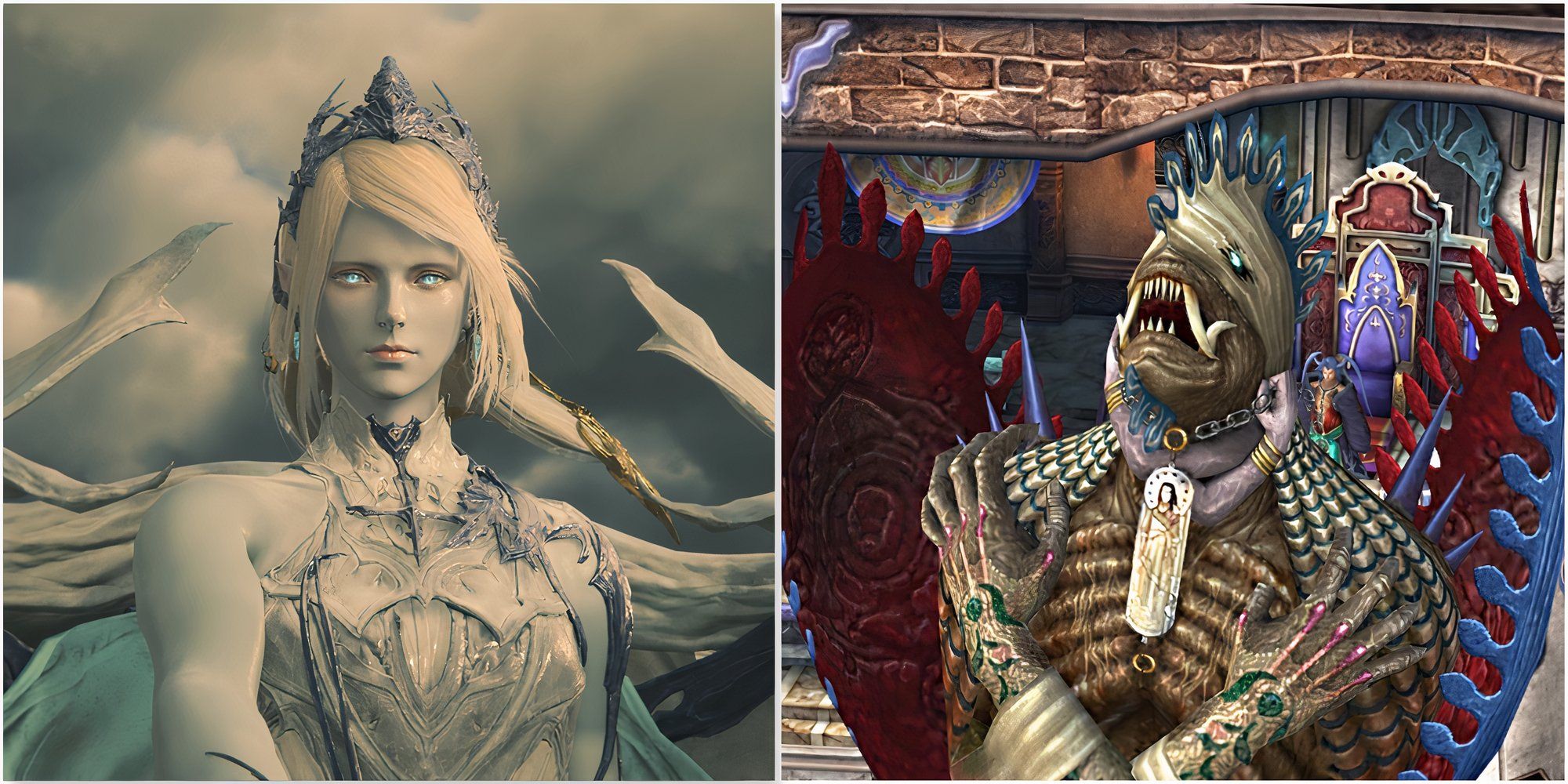
Related
Final Fantasy: 6 Games With The Best Summon Systems, Ranked
Final Fantasy fans will feel powerful with these Summoning systems by their side.
His home kingdom of Fynn was destroyed by the Palamecian Empire. His response was seemingly to side with the empire, attempting to gain power from within, despite, or perhaps because he witnessed their atrocities firsthand. Undeterred, Leon seeks to become the king himself once Maetus is initially killed. After the emperor’s subsequent rebirth, Leon decides instead to team up with Firion, who he spent most of the game antagonizing. While he displays some form of remorse for his pursuit of power, he nonetheless still holds this ambition for a large part of the game.
6 Harrier Du Bois
Disco Elysium
- Released
- October 15, 2019
- Developer(s)
- ZA/UM
- OpenCritic Rating
- Mighty
Even being the sole playable character in an RPG doesn’t mean a character can’t be lacking in the morality department. This detective is one of many playable characters in RPGs to have amnesia, usually a plot device granted to allow the player to learn gradually about their character rather than immediately learning vital elements. Disco Elysium is one of many to invoke this trope, with the protagonist, Harrier “Harry” Du Bois, a member of a police force known as the Revachol Citizens Militia, having gained amnesia for unclear reasons (albeit various potential causes are explored.) Du Bois is the player’s “avatar,” to some extent, with aspects of his ideals and the actions he chooses to take directly molded by them, but the player does not cut the man from the whole cloth. Du Bois is capable of recovering thoughts concerning his past, which in turn modifies the gameplay to an extent, depending on which ones are internalized.
One such thought, “Rigorous Self-Critique”, unveils some of Harry’s worst past actions, including holding a young woman hostage in his apartment and crippling a running suspect for life with a misfired shot. He has gained a negative reputation but was still offered promotions due to being an incredibly competent officer, with both a high level of success for solving cases, and a relatively low kill count of 3. His vices, such as binge drinking and substance abuse, along with his obsession with his work, are underscored as facets of his unpleasant and abusive personality before his memory loss. Although the exact ways in which the player chooses to dictate Harry’s post-amnesiac livelihood can vary greatly, he cannot avoid his past. Even in the best of cases, it’s unclear if the officer’s resolve to improve himself will genuinely result in him doing so in the long run.
5 Oliver
Fire Emblem: Radiant Dawn
Oliver is something of a relative anomaly within the greater Fire Emblem series. He is far from the only playable character to have committed evil deeds, or sided with the villains. Nonetheless, he foregoes common components of the process to switch from evil to good, namely any genuine redemption or change in core ideals. A senior member of the Bengion senate, he rules the Dukedom of Tanas, and has the starting class of Bishop (or Saint, depending on the game).
He is first introduced as an antagonist in Path of Radiance, involved in the slave trade of the laguz, humanoids with animal traits, who have long suffered at the hands of the beorc (the human race as it is identified in the Tellius Saga). He purchased Reyson, a heron laguz, one of the few surviving after a massacre of his forest, from Naesala, a raven laguz, and the king of Kilvas. He views the heron as a beautiful piece of art, making him a valued part of Oliver’s collection. This action leads Ike and his associates to track him down and ultimately apprehend him for execution, or so they thought.
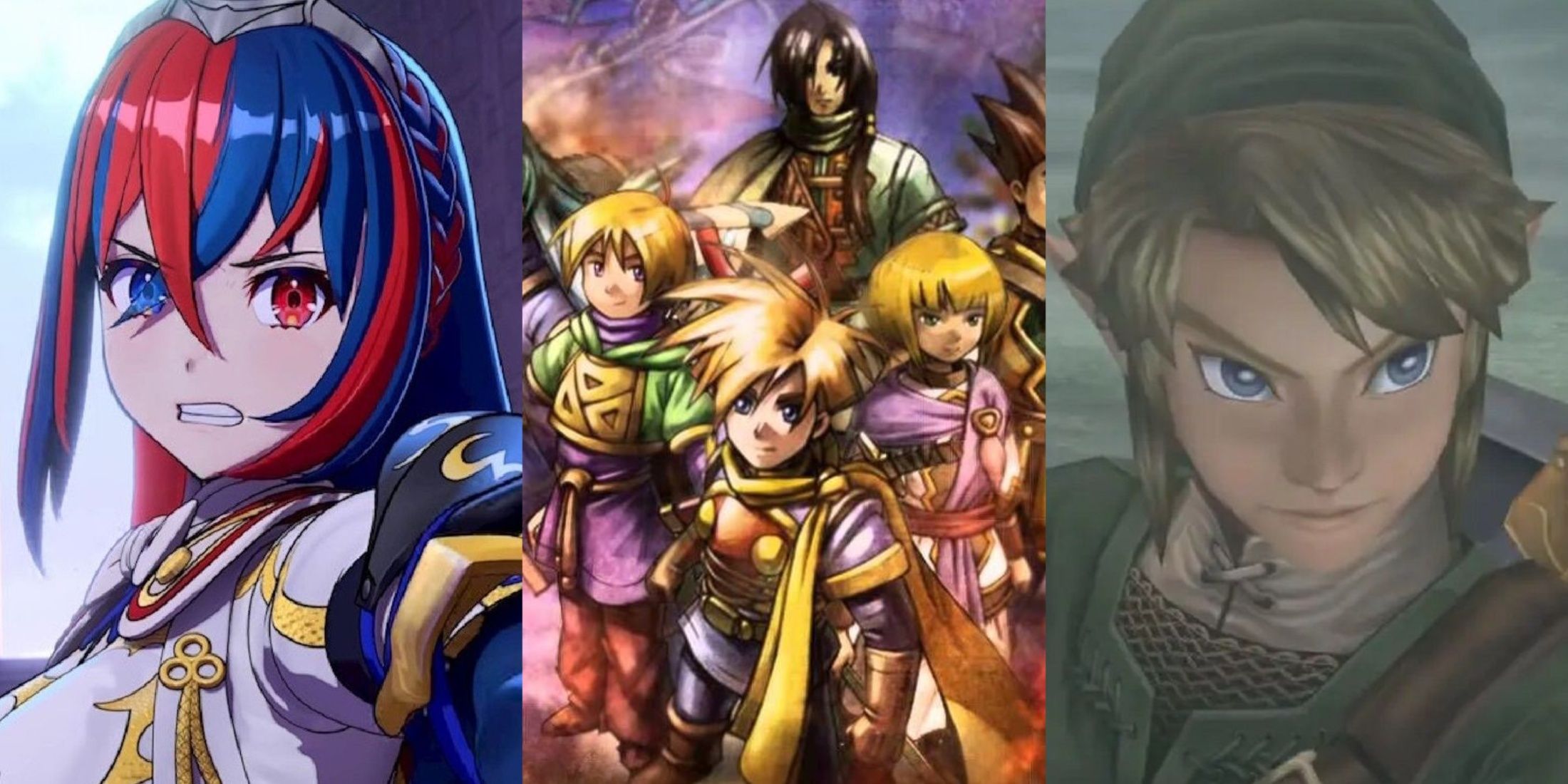
Related
5 Nintendo Franchises With The Most Complicated Lore
These Nintendo franchises have vast, complex stores of lore.
In Radiant Dawn, he is instead revealed to have been saved by the corrupt Senate and allowed to recover in his Dukedom until the penultimate chapter of the game. He serves as the boss of his debut chapter, Revelations, where Ike’s army storms Tanas, and faces off against Oliver’s forces. He is still capable of being killed for good here, a fate which proved inevitable for others in the Senate.
Yet Oliver himself does need to die. If Rafiel, a heron laguz who is Reyson’s brother, waits in range of the duke, Oliver will immediately switch sides, declaring himself a “defender of beauty.” After this, his subordinates won’t hesitate to attack him if they are in range. Nonetheless, his desire to protect “beauty” makes him the least corrupt senator by default, but only because of whom he made common cause with as a result. Ike even asks him to rejoin his former comrades, out of maintained revulsion for his crimes, and the utter lack of remorse he seems to show for them.
Fascinatingly, he is even considered a poor unit, with little time for actual utility, and similarly poor starting stats. His ending does not result in any punishment, he instead decides to retire from politics and become a financier, specifically for artists who will include portraits of him in their repertoire. He ultimately appears to learn nothing and gets punished for even less.
4 Magus
Chrono Trigger
Sometimes there is a method to a character’s madness, and their evil actions can be explained as part of an agenda that is less inherently evil. Magus from Chrono Trigger could be considered an example. His mother, Queen Zeal, and her desire to become an acolyte for Lavos, a destructive alien parasite, affected him deeply. After training with the mystics and enhancing his magic powers, he starts a war against Guardia, believing it will strengthen him further. After thinking himself to be powerful enough to defeat Lavos, he summoned the parasite himself, but greatly overestimated his chances of taking it down.
It was recorded that Magus summoned Lavos to destroy the world, but in reality, he wished to fight and kill the monster. Nonetheless, this misinformation, and his own actions, led him to be a continual antagonist to Chrono and his allies, who, for a time, believed defeating him would result in Lavos never coming to be.
Nonetheless, it is this same kind of end-justifies-the-means mentality that ultimately allows him to make common cause with Chrono’s Party, despite them being at odds. Although it is once again possible to kill him, it is generally ill-advised if the possibility to do otherwise pops up. If he ultimately can aid in Lavos’ destruction, he seems satisfied with the result. Although his goal is ultimately heroic in nature, his morals never quite square that circle, with his older sister being the only other person he seems to truly care about.
3 Heihachi Mishima
Namco X Capcom/Project X Zone Duology
Bowser is very far from the only established antagonist to be given a “hero” role in a separate genre. This kind of designation tends to be more intrinsically connected to popularity than any sort of actual belief the character holds in a heroic cause. Namco X Capcom and its successor series, Project X Zone, emphasized popular characters from several established franchises.
Heihachi Mishima, from Tekken, is perhaps one of the most evil characters in his home series. He further pushed his father’s corporation towards wartime profiteering against his father Jinpachi’s wishes. This apparently required locking him up and starving him to death. He also threw his son, Kazuya, off a cliff, setting into motion the events that would lead him to become corrupted by the Devil Gene. He has repeatedly proven himself to be a blatantly evil character whose self-interest eclipses any love he may have.
And yet, in these crossovers, he is continually thrust against the side of evil, usually ending up alongside the heroes, even if they include at least one of his despised relatives. His grandson, Jin, is also one of the heroes fighting alongside his grandfather, even while the Tekken games established the lengths he would go to accomplish his goals (which included a war of his own). Kazuya himself eventually sides with the heroes, even though his two relatives, who double as perhaps his greatest threats to power, are also there. These three are far from the only morally questionable “heroes” in this series, but they are especially interesting in this regard, as both playing the hero and deviating from their obsessive hatred of their relatives are variably out of character for each of them.
One could argue this temporary alliance is merely an extension of each character’s desire for self-preservation, but it doesn’t stop Jin and Kazuya from actively attempting to harm each other during their strongest attacks. Although Heihachi has no such opportunities, he is nonetheless similarly vocal about his disdain for his family.
2 Peri
Fire Emblem Fates
In games with an especially large number of characters, chances are some will just be deeply immoral in a plot-irrelevant way that isn’t connected to the primary narrative. This is true for Peri, the bloodthirsty retainer of Xander, the eldest prince of Nohr. In Birthright, Peri is treated as an antagonist not because of her bloodlust, but merely because the player flies the flag of Hoshido. In Conquest and Revelations, she is merely another playable character who mingles among the lot. This is despite the fact that she will frequently threaten to kill people, and is stated to have actually killed people for the most minor of inconveniences, or even because she merely wants someone dead.
It is somewhat fascinating when one considers that many games in this series treat wanton killing as a deeply immoral action worthy of punishment. Even other playable characters who were previously villains are not nearly as sadistic as Peri, and still feel a greater need to atone. Her compulsion to kill is revealed, in support, to be the result of her mother being assassinated by a lustful servant during her childhood. Despite her actions, Peri has a degree of impulse control and has some difficulty coming to terms with the actual implications of her deeds.
Although most Fates endings clarify that she became less sadistic after the war’s conclusion, marrying Odin or Laslow (the two male retainers originally from Awakening) implies that her murderous ways continued for a time, possibly even in her betrothed’s homeland of Ylisse. What makes Peri especially interesting is how irrelevant her bloodlust is to whether she is treated as a hero or a villain.
1 Leon Magnus
Tales Of Destiny
Sometimes a character’s evil nature is underscored by limited playability. Although not every temporary party member in an RPG is evil, there are a handful of villains who temporarily fight either on the player’s behalf or under their direct control. Leon Magnus is one such example. He is shown to be somewhat ruthless as a means to achieve his goals, even while acting as a “hero.” He wields a Swordian, a blade imbued with the personality and memories of a long-dead hero. In his case, the said hero is Pierre de Chaltier. Chaltier is arguably his best friend, remaining loyal to him regardless of his actions.
Leon is forcibly fashioned into a pawn by his father, Hugo Gilchrist, who orders him to team up alongside the likes of Stahn Aileron and Rutee Katrea, the latter of whom is his elder sister. Leon is eventually made to betray the team, ending up deceased as a result. Although Leon does not wish to betray his companions, he is swayed to evil by his father, who deliberately hires a maid by the name of Marian who resembles his late mother. Marian is one of the few people Leon opened up to emotionally. Hugo consistently threatened her life to make sure Leon would never stray too far from his father’s ambitions.
Although forced into evil, Leon eventually gets a chance at redemption in Tales of Destiny 2, after being resurrected. Ironically, this resurrection was performed by a woman named Elrane, who hoped to use Leon as a pawn for evil once again. However, she held no sway over him, causing the reborn warrior to quickly cut ties. He instead eventually sided with Kyle Dunamis, the son of Stahn and Rutee, as well as his nephew. Being rechristened “Judas,” he ironically does not ultimately betray the group this time around. Elrane unveils his past identity in an effort to sow discord, but fails, as the team recognizes him as a friend rather than the traitor of legend. He eventually sacrifices himself to defeat Elrane in a manner that retroactively erases her existence from reality. Although this undoes his own rebirth, it proves that, removed from his circumstances, Leon can be a true hero.
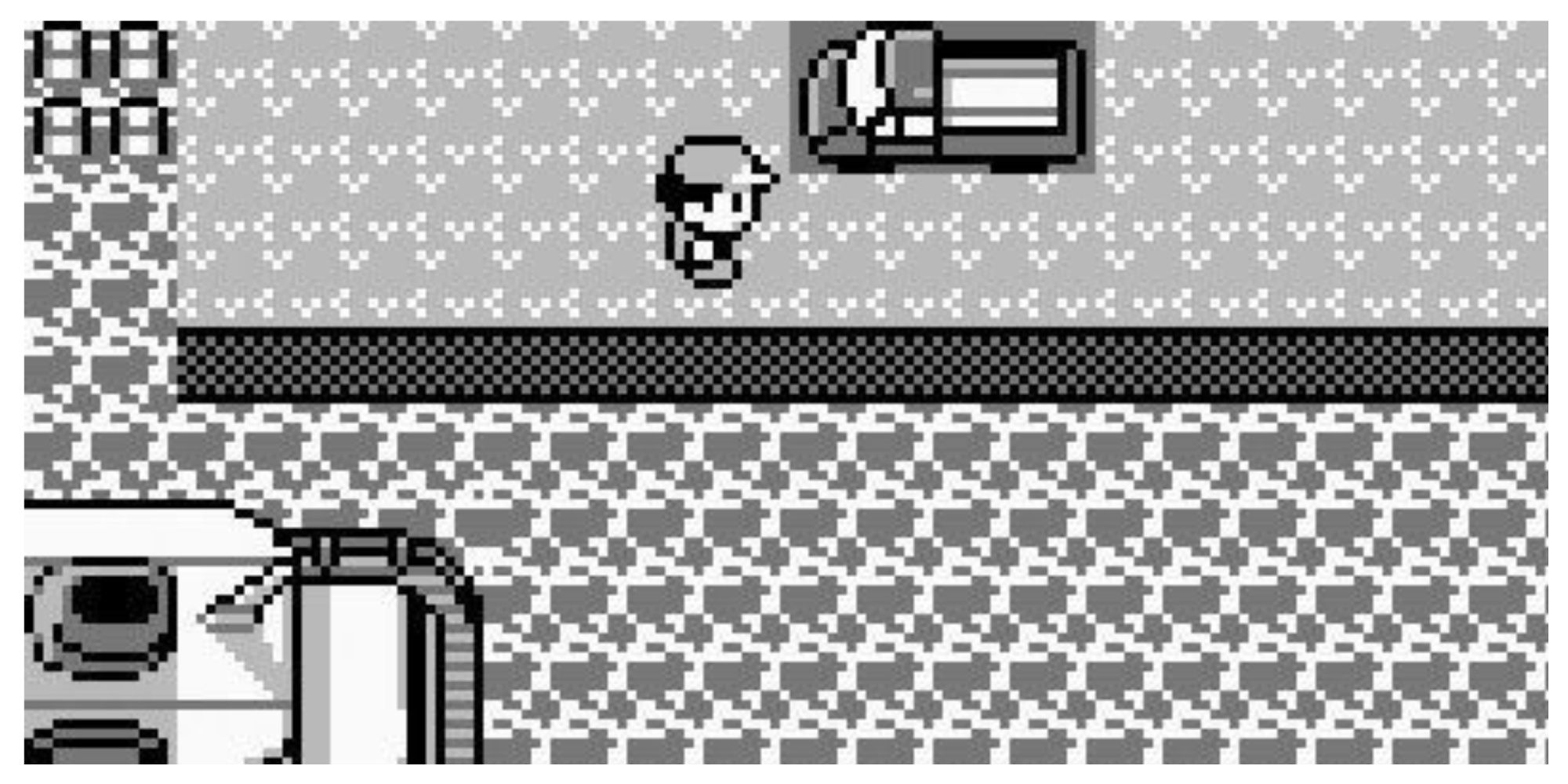
More
5 Debunked Urban Myths in Video Games
Some are harmless, while others are downright controversial, but these video game rumors are united in being 100% factually incorrect.


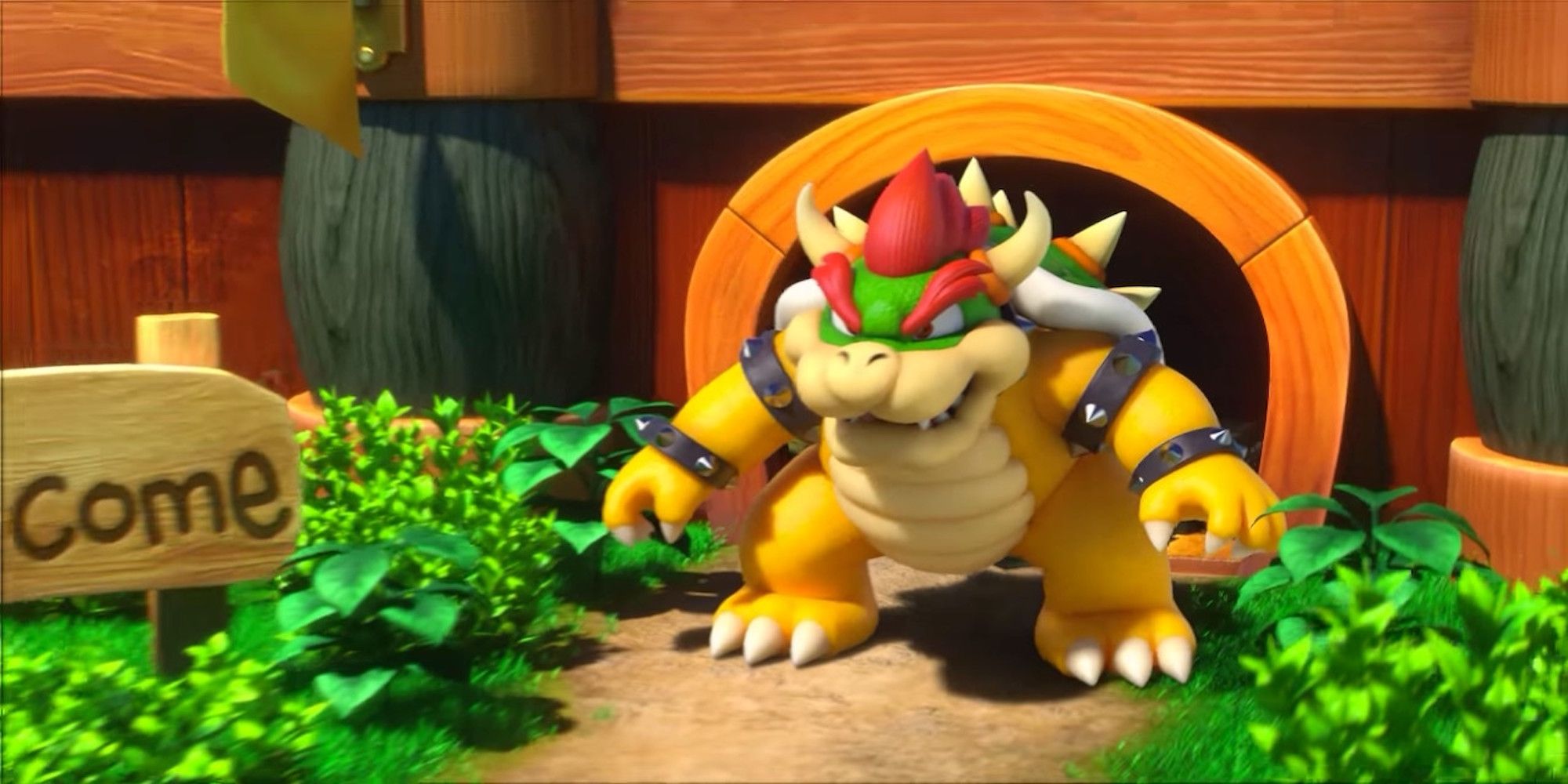
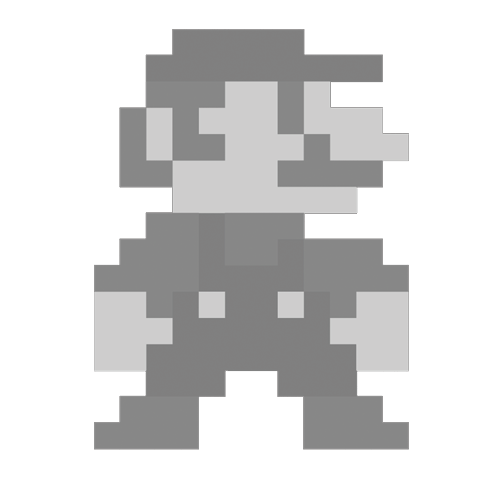
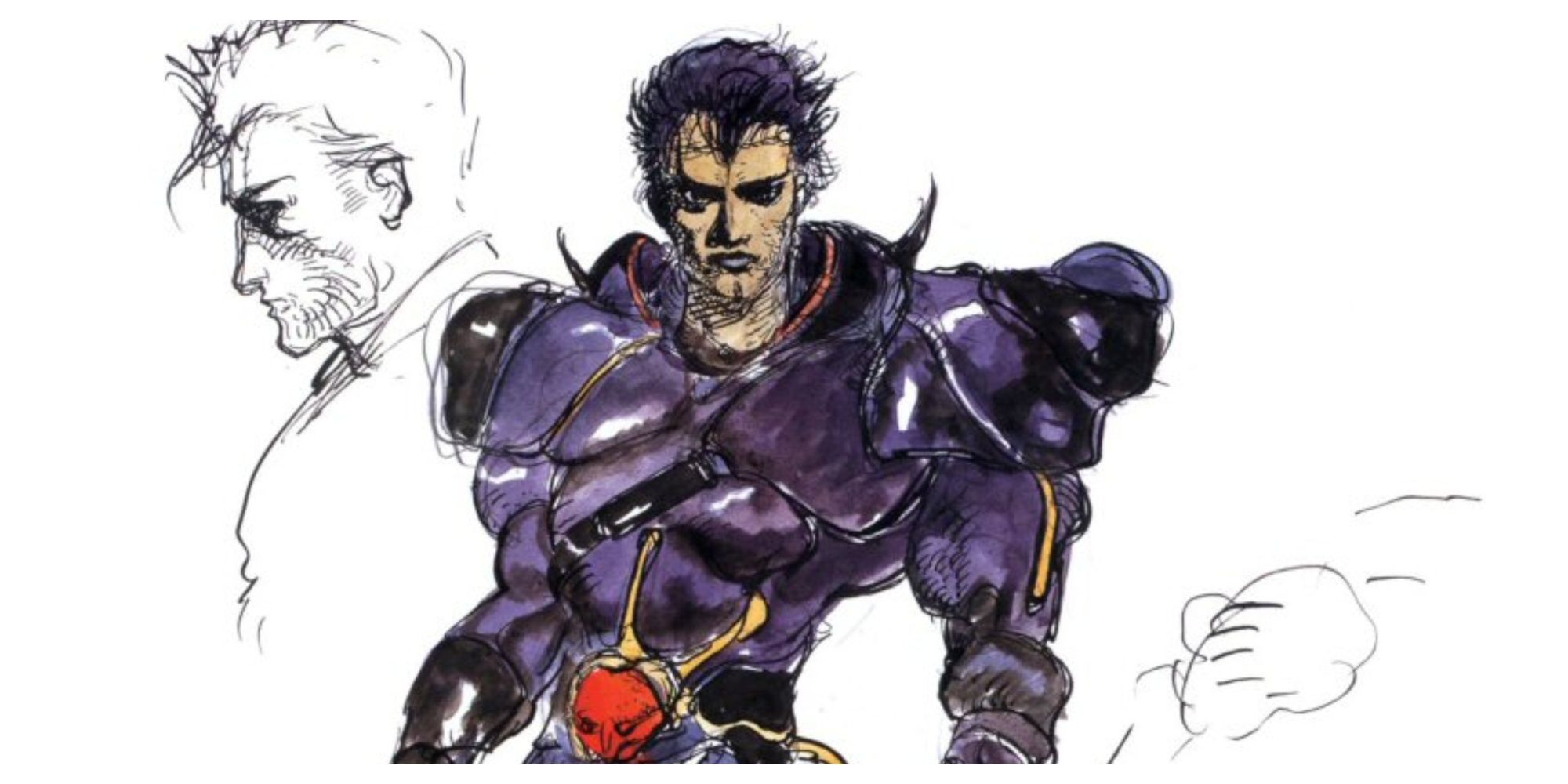
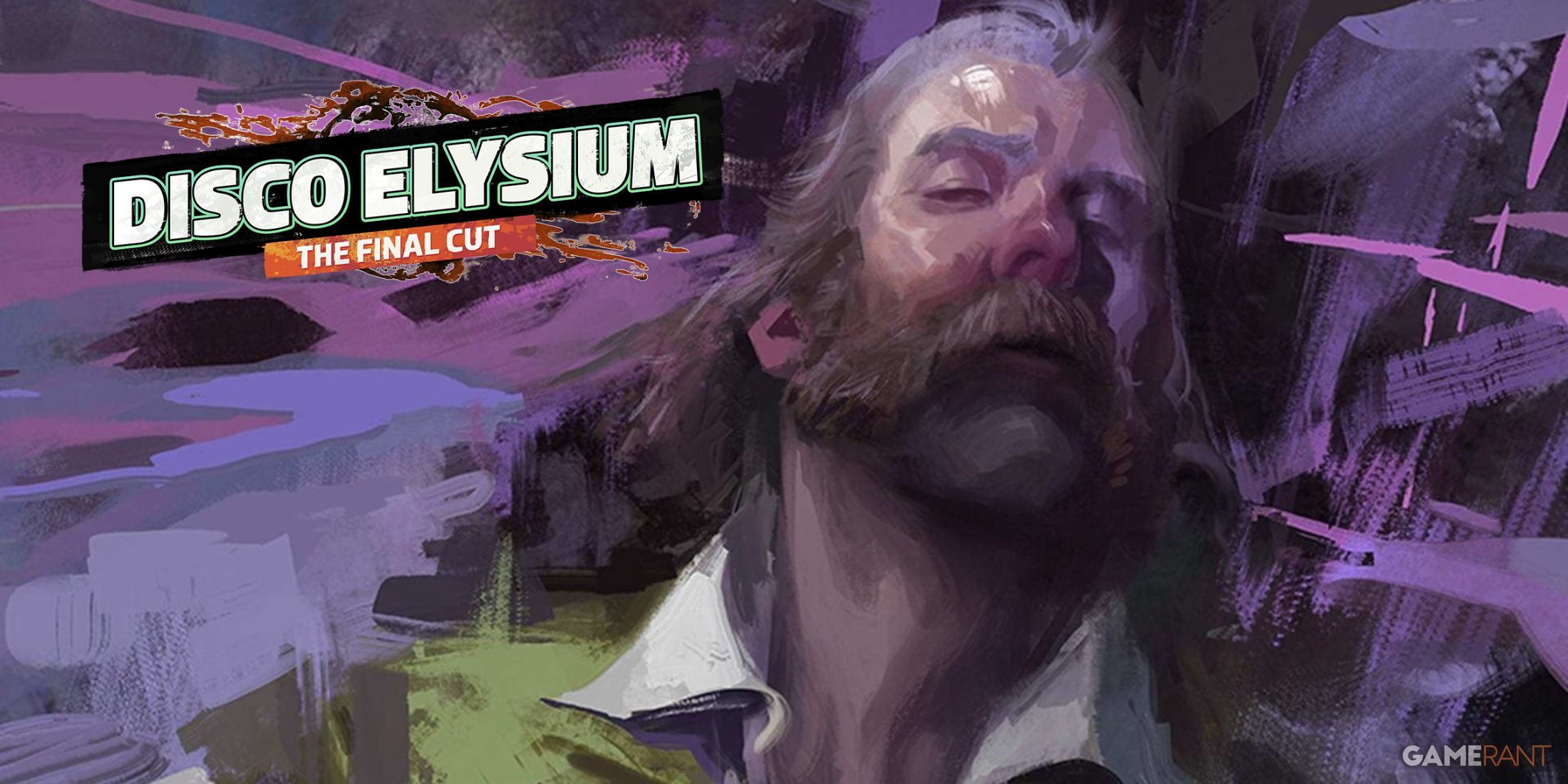
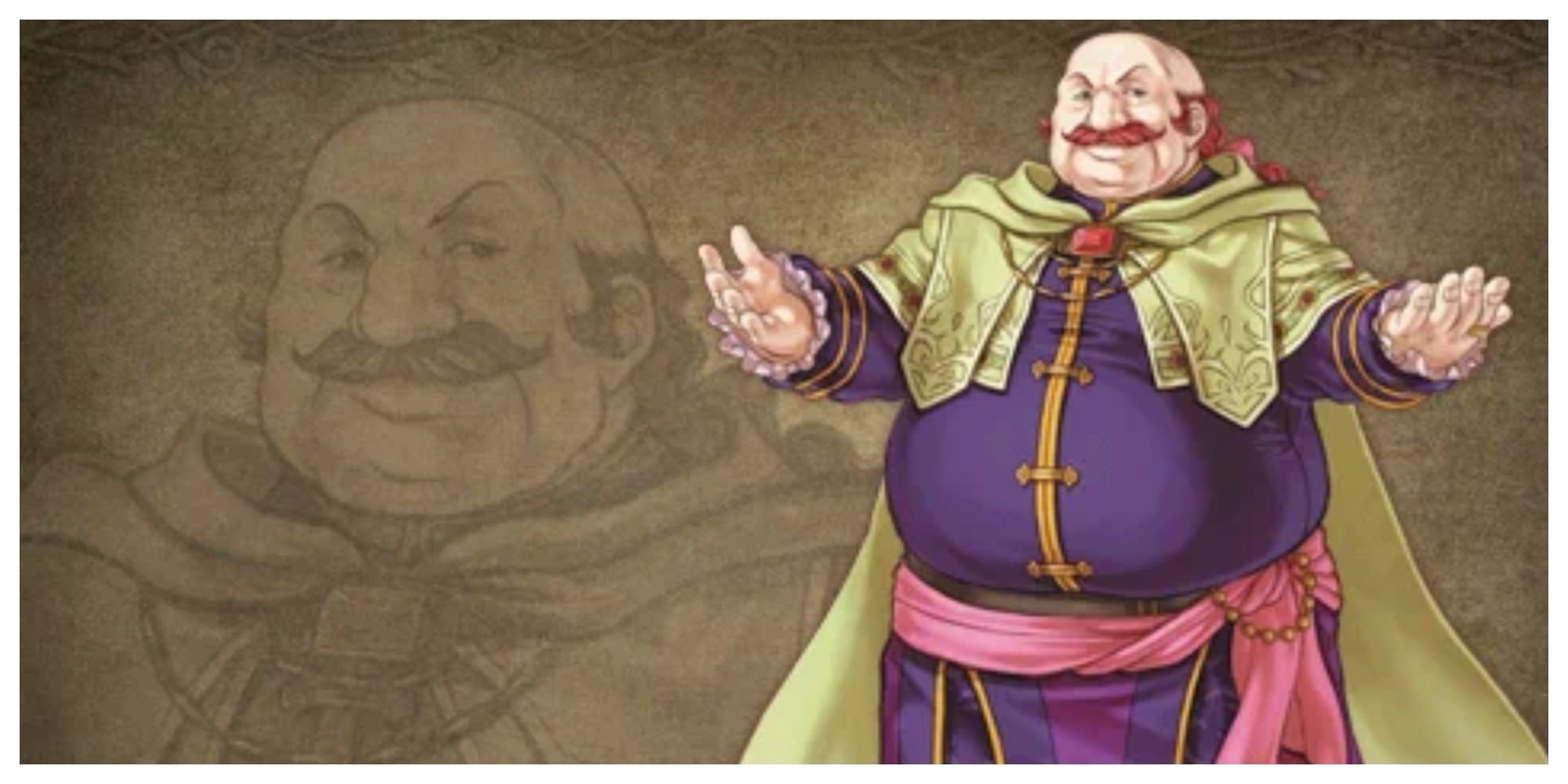
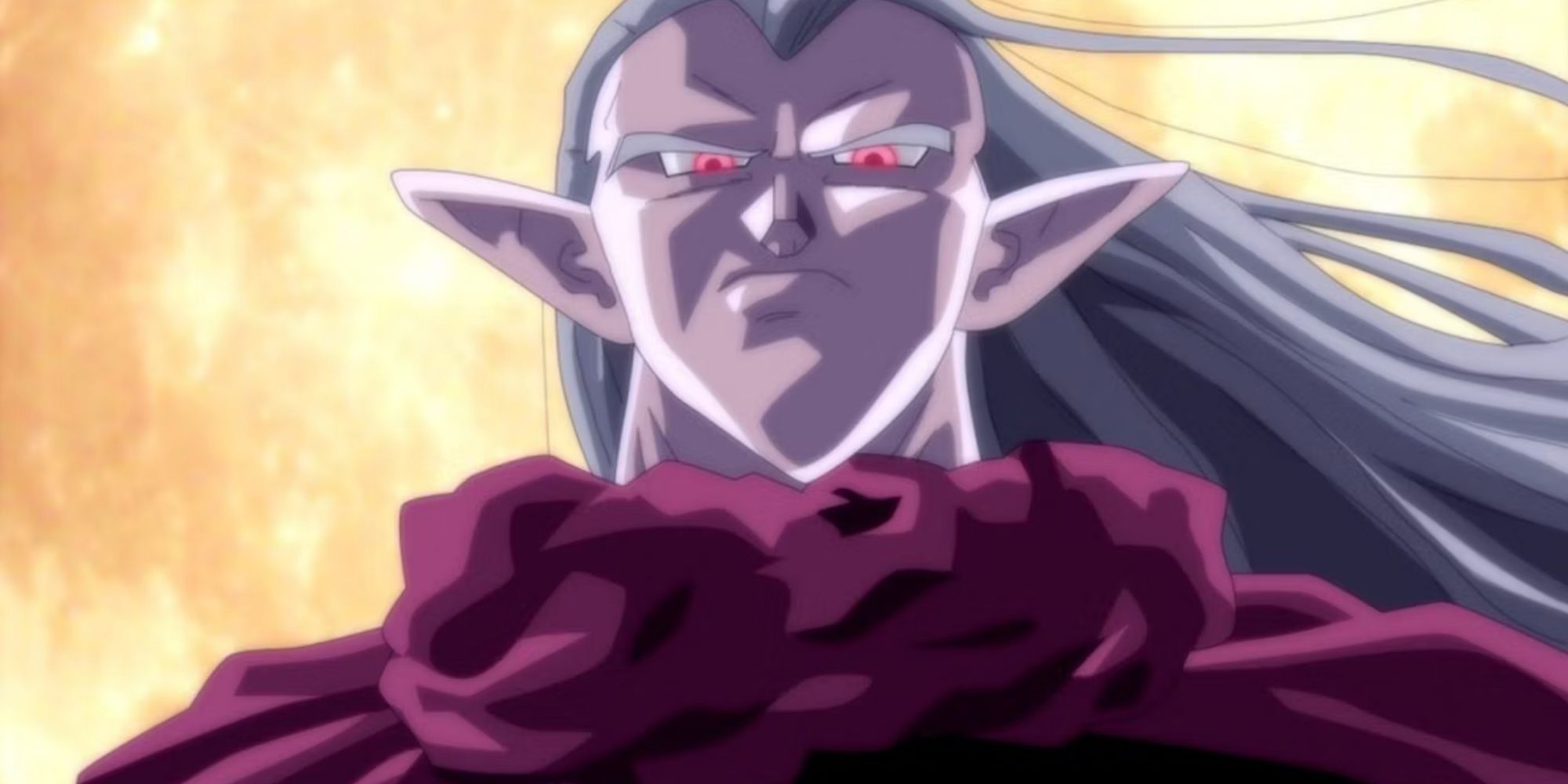
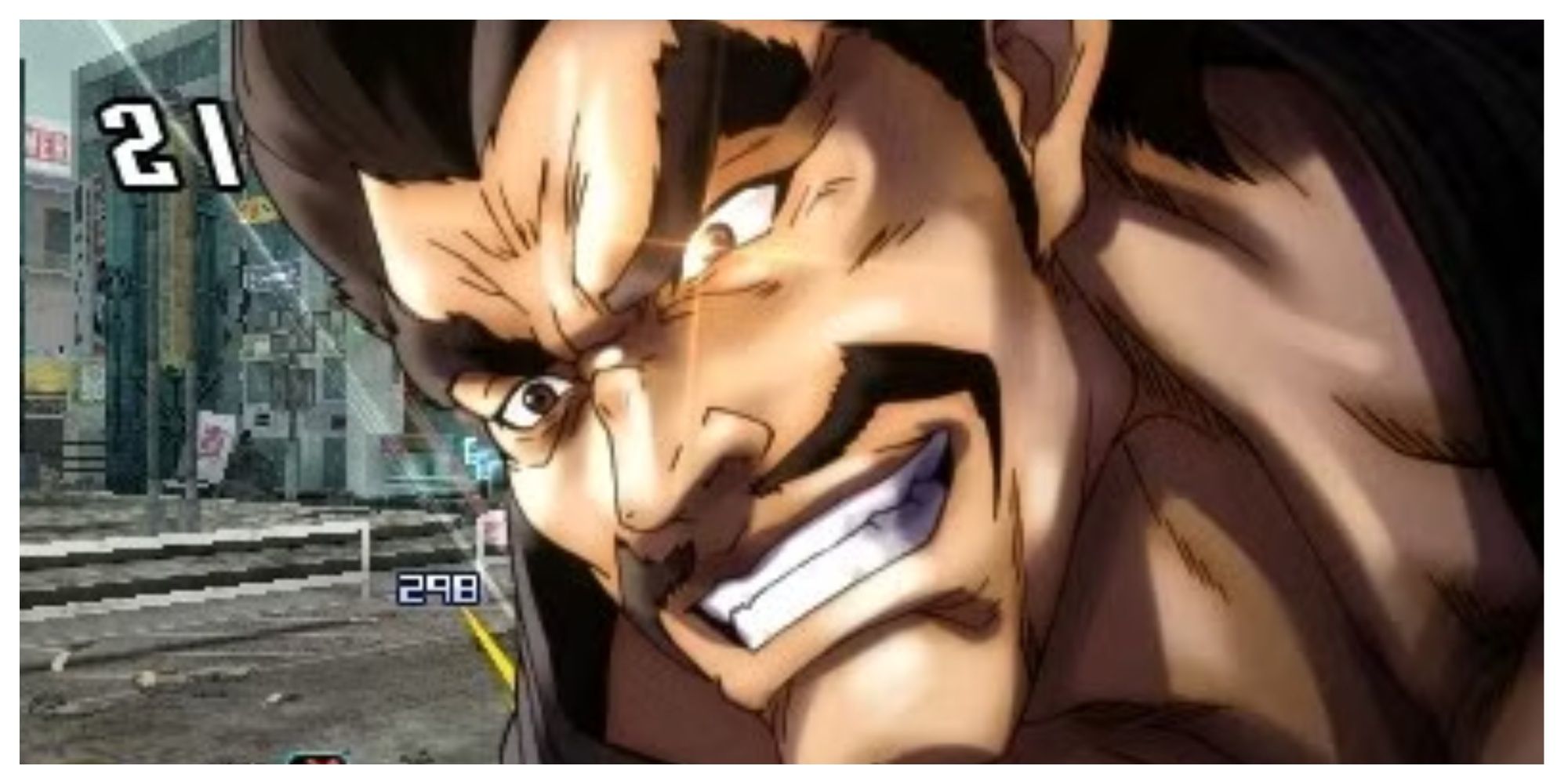
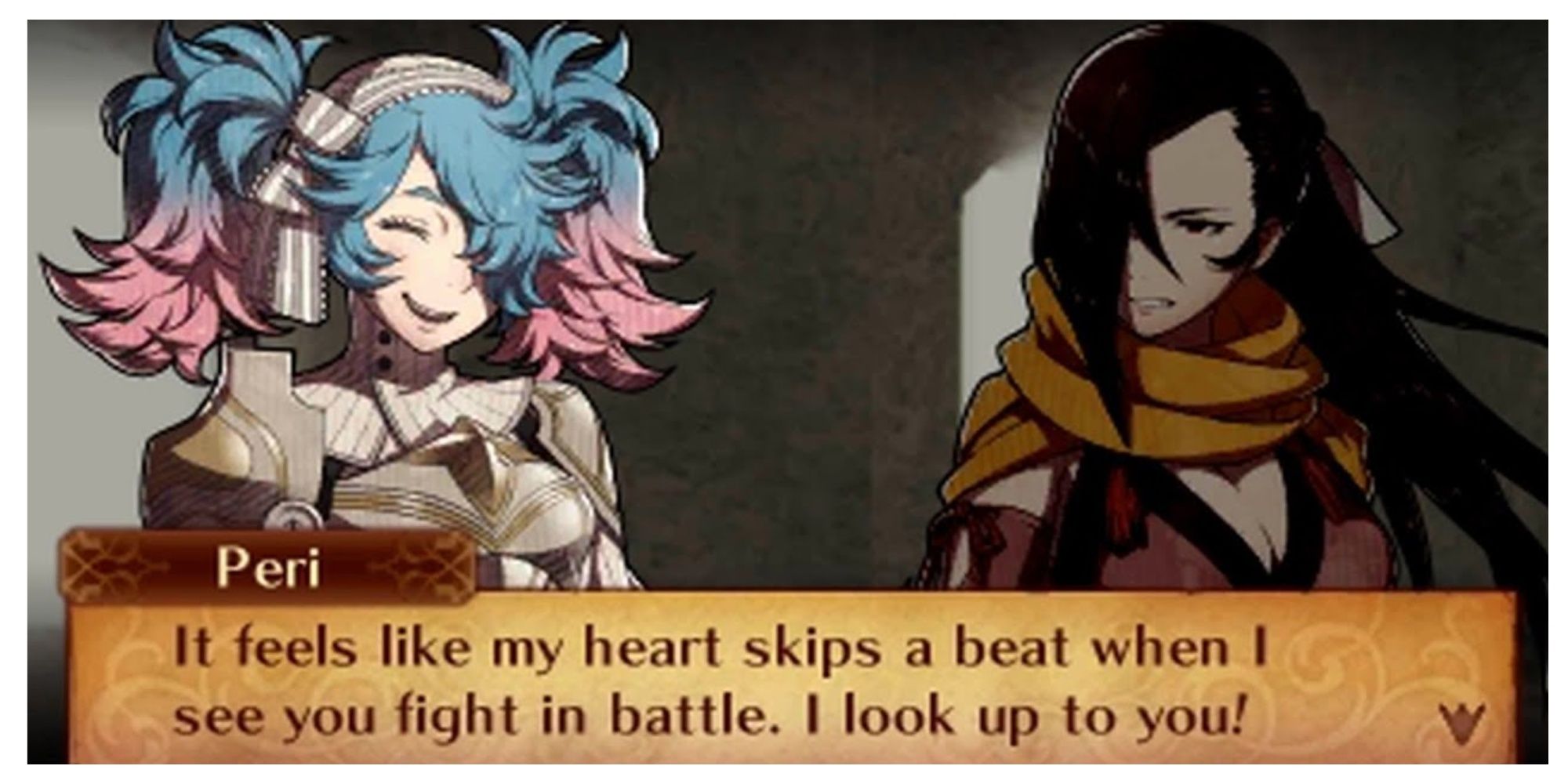
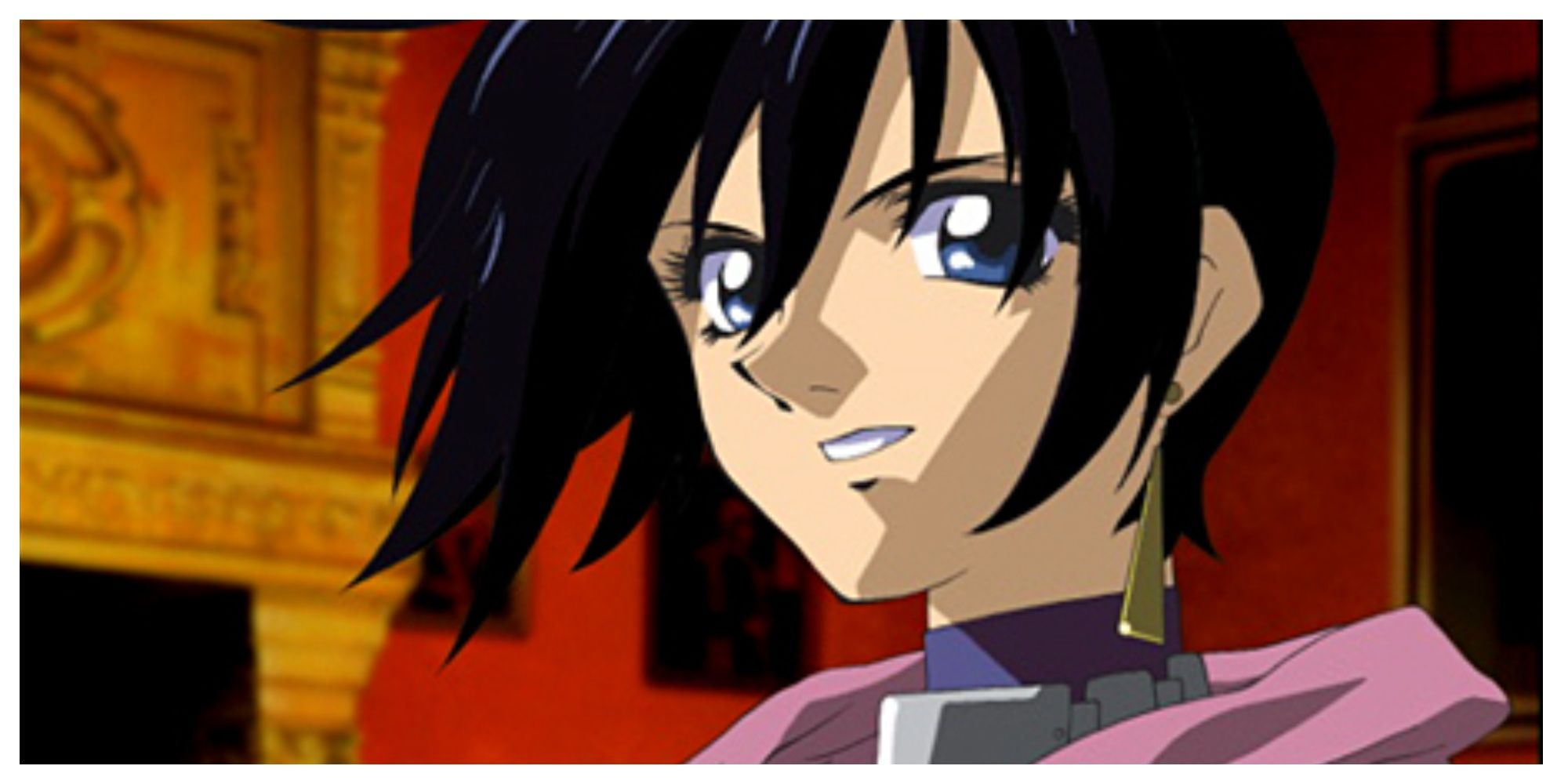











Leave a Reply